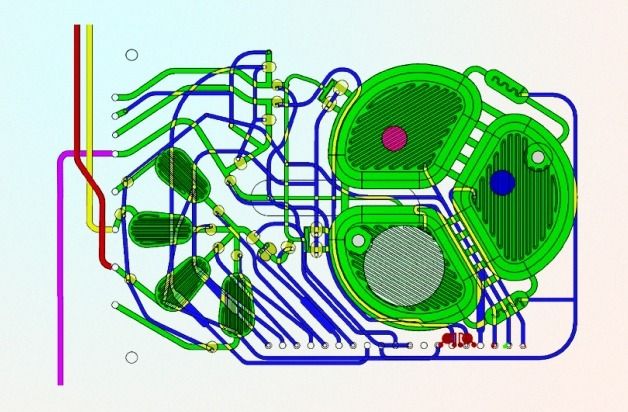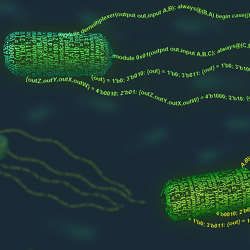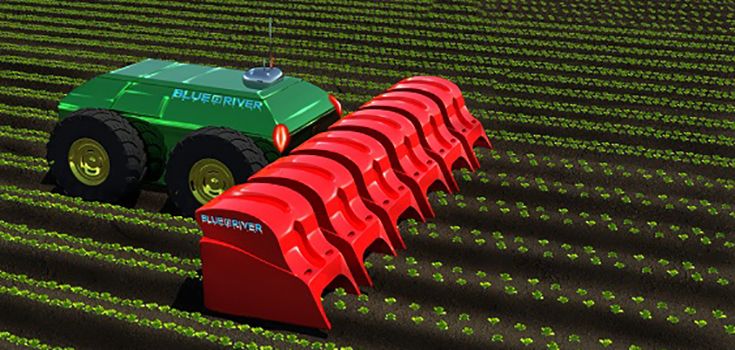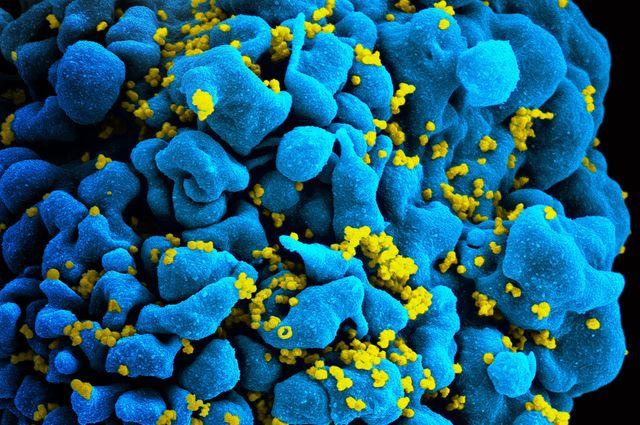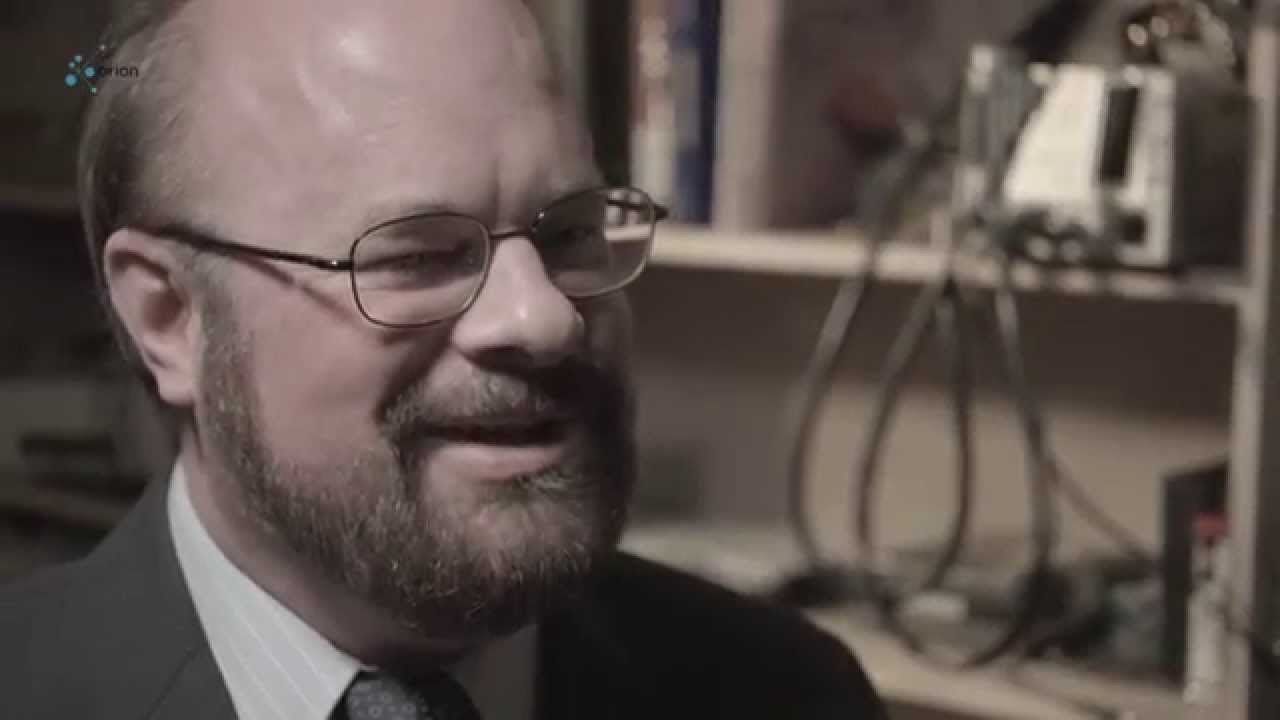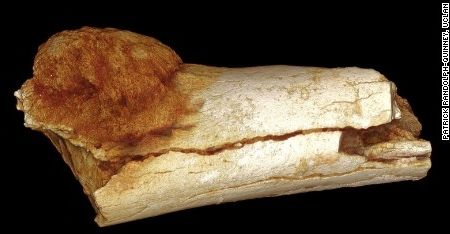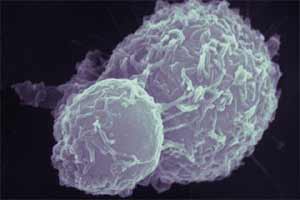Jul 29, 2016
There’s A Gene That Reverses Cellular Aging, And Now We Know How
Posted by Montie Adkins in categories: biotech/medical, life extension
NANOG. I just like the sound of it.
In the biology lab-based equivalent of Indiana Jones and the Last Crusade, researchers from the University at Buffalo have uncovered the human body’s internal fountain of eternal youth, in the form of a gene called NANOG. When expressing this gene in aged stem cells, the team found that it reactivated certain processes that had become exhausted, restoring their ability to develop into fully functioning muscle cells.
As we go about our lives, wear and tear causes the body’s cells to die via a process called senescence. When this occurs, new cells are created from stem cells in order to replace those that have become senescent, although when we hit old age our stem cells become depleted or unable to develop.
Continue reading “There’s A Gene That Reverses Cellular Aging, And Now We Know How” »

